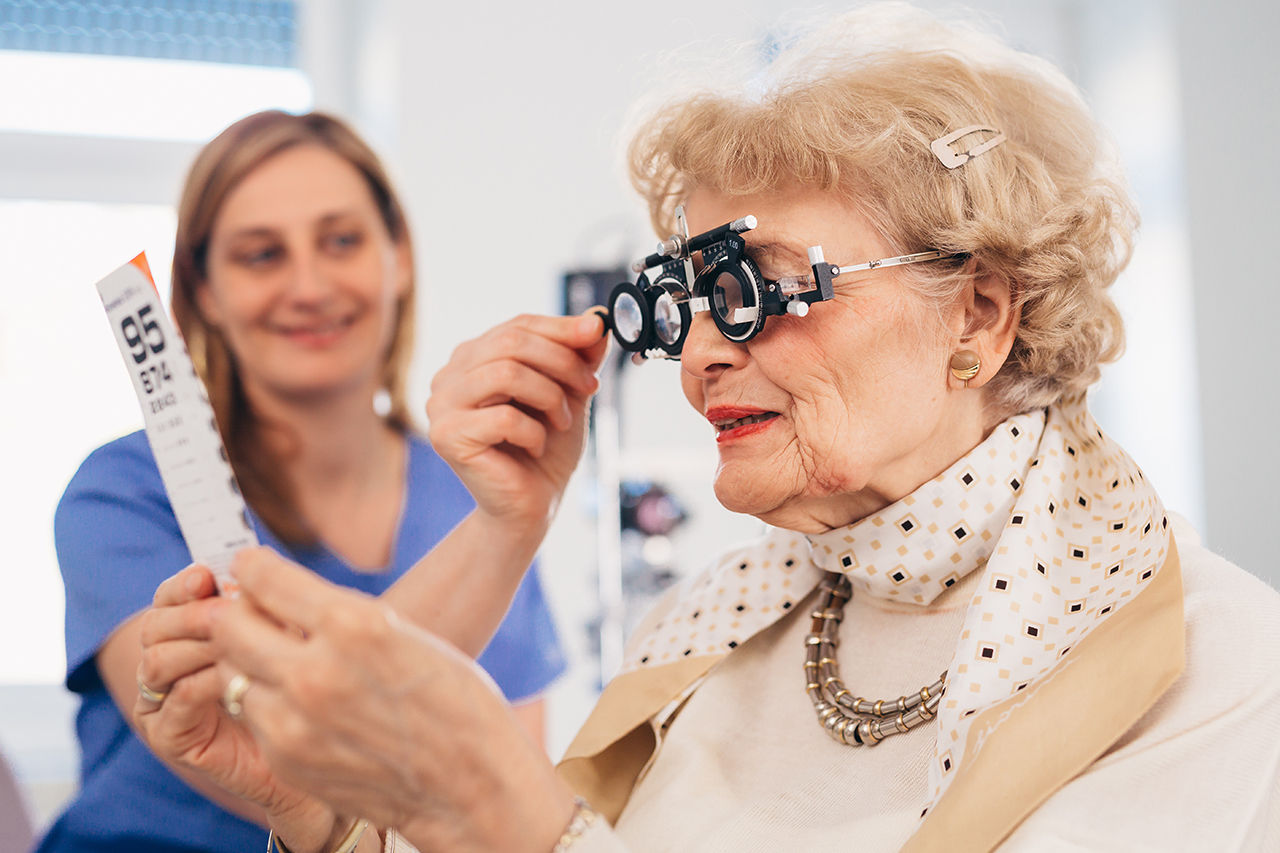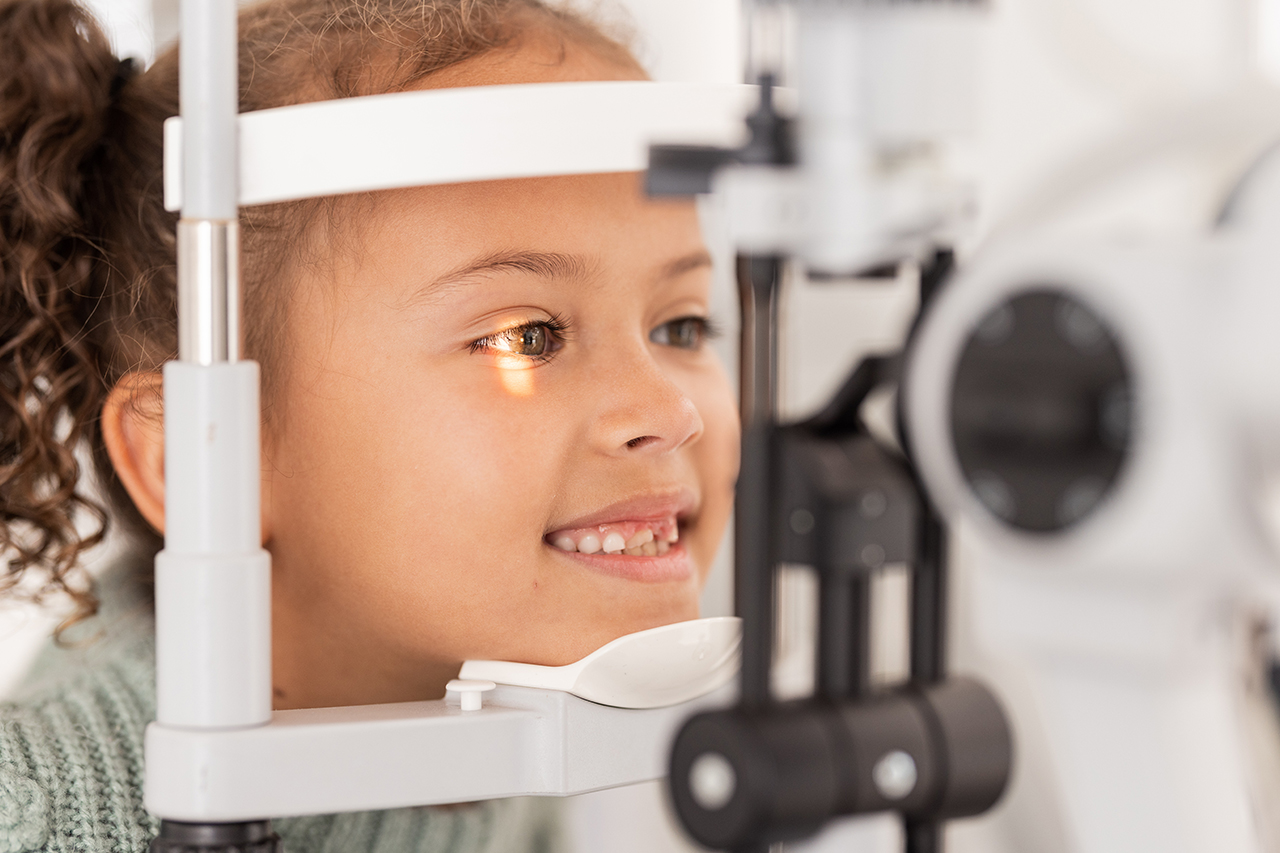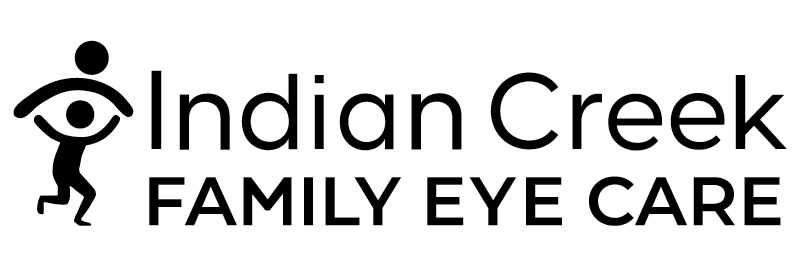Complete Vision Assessments for Hood River Residents
At Indian Creek Family Eye Care, we believe regular eye exams are the foundation of maintaining clear vision. Our comprehensive exams not only determine your prescription for glasses or contacts but also detect any eye conditions or diseases at their earliest stages.

Tailored Vision Solutions for All Ages
Understanding that eye care needs change with age, Indian Creek Family Eye Care offers personalized vision solutions for every family member. From the first pediatric eye exam to unique care for seniors, we're committed to providing the right support and solutions at every life stage. We aim to ensure optimal vision and comfort for all our patients, helping them see the world clearly and beautifully.

Adolescents and Adults:
Maintaining Vision for Daily Life
Eye exams for adolescents and adults are crucial steps in maintaining optimal vision and overall eye health throughout the varying stages of life. They not only assess visual acuity to determine the need for corrective lenses but also screen for common eye conditions that can affect individuals in these age groups.
Additionally, these exams provide an opportunity to detect early signs of more serious conditions. Early detection allows for the most effective treatment options, which can significantly slow or even halt the progression of eye diseases such as glaucoma, diabetic retinopathy, and macular degeneration.
Pediatric Eye Exams: Ensuring Healthy Vision for Children
Our pediatric eye exams are child-friendly and comprehensive, ensuring a positive experience for our young patients while thoroughly assessing their vision and eye health. We screen for common childhood eye conditions like strabismus (crossed eyes) and amblyopia (lazy eye), which, if left untreated, can significantly impact a child's learning and development.
According to the American Optometric Association (AOA), 1 in 4 children has a vision problem that can interfere with learning and behavior. Yet, vision problems in children are often underdiagnosed, with the Centers for Disease Control and Prevention reporting that less than 15% of preschool children receive an eye exam from an eye care professional.
Our goal is to bridge this gap by providing accessible, quality pediatric eye care that lays a foundation for a lifetime of optimal vision and academic success.

Comprehensive Eye Exams at Indian Creek Family Eye Care
Our thorough examination process is designed to evaluate not just your vision, but the overall health of your eyes, ensuring any conditions are detected early for optimal treatment outcomes. Here's what your exam testing may include:
